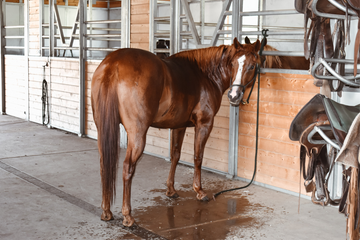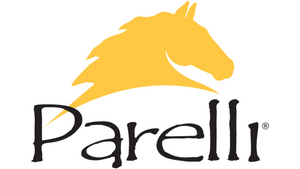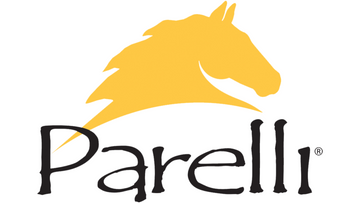
To err is human, but to blame the horses is even more human. I find it interesting how often we blame the horse for his behavior. I try to remind humans that horses are like computers, they may never do what you want, but they usually do what you ask them, and they almost always do what you program them to do. People train their horses through habitual patterns, from high-functional behavior to dangerous, dysfunctional behavior. And often the training is not done on purpose. It’s the idea that horses are from Mars and humans are from Venus. We don’t understand them, and they don’t understand us. This is the crux of the problem.
If you understand how a horse feels, thinks, acts, and plays, it's easy to understand what horses do and why they get barn sweet. The first instinct for horses is to be perceptive to danger, people, places, changes, and things. Number two is to fly from fear. And the number three instinct is to be gregarious, to always know where the safe place is, and to run to it if at all possible. Horses are going to run to wherever they think is safe; their first choice would be the herd, and the next choice would often be what I refer to as the stand in herd. I’m sure the barn is just a stand in herd, which is why so many horses, when turned loose during a barn fire, run back into the barn. This doesn't seem logical to the human brain, but it's instinctual to the horse.
So how do we “train” horses to be barn sweet? Easy. We work them in the arena or on the trail, ride them back and give them relief. They go from an anxious adrenaline state out with us and then back to a relaxed, pleasurable dopamine and serotonin state either with their herd or in the barn.
As leaders for our horses, we need to learn to create different pattern. We need to understand that our goal should be to cause the horse to be comfortable with us, no matter what we do or where we're at. But I think it's also an important thing to understand that if we walk away from the barn and trot back, you can be sure your horse will want to trot or even canter back every time. You’ve actually taught him this and re-enforced an instinctual behavior.
My first recommendation is to become aware and conscious of your habits, particularly when you’re finishing your session with your horse. What could you do differently to improve the behavior? One of the things I do is ride through the barn several times, and if the horse wants to get stuck there, then I know I've got a problem brewing. I ride through the barn, around, and then back him into the barn, but most of the time, I ride away from the barn, stop, get off and give him relief with his mind going away from the barn.
Pat Parelli here helping you keep it natural, and the only way I know how to keep it natural is by using communication, understanding and psychology. May the horse be with you, no matter where you are, in the barn or away from it.








Makes perfect sense
This is an excellent article. Horses are just trying to survive in our world. It is amazing what horses let us do with them. Imagine being taken away from where you feel safe and not understanding “why”. Using psychology and understanding the situation from the horse’s eyes is a game changer. Thanks for this valuable information.